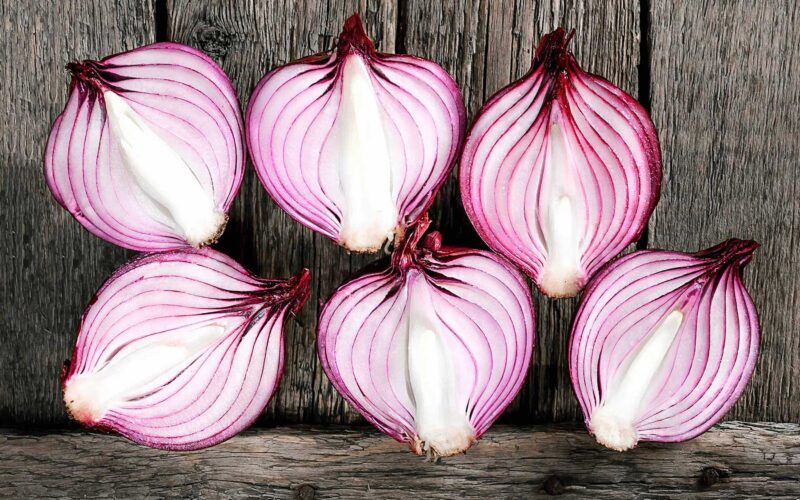June is National Fresh Fruits and Vegetables Month, and yes, it is a real holiday!
As the peak season for many early garden crops means they find their way into markets, this special month is an excellent time to take advantage of freshly picked fruits and vegetables.
Fruits and vegetables are real foods that provide real benefits to your body. Instead of being filled with processed ingredients you can’t pronounce, you can rely on fruits and veggies to deliver essential vitamins and other nutrients.
The saying goes, “You are what you eat.” So, why not be delicious and healthy?
Real Foods, Real Benefits
The benefits of fruits and vegetables are no joke. Research shows that, “A diet rich in vegetables and fruits can lower blood pressure, reduce the risk of heart disease and stroke, prevent some types of cancer, lower risk of eye and digestive problems, and have a positive effect upon blood sugar, which can help keep appetite in check.”
If you’re hoping to lose a few extra pounds, try eating non-starchy options like green leafy vegetables, apples, and pears. These types of produce have low glycemic loads, which help prevent the spikes in blood sugar that make you feel hungry.
There are at least nine different families of fruits and veggies. Each of these groups contain hundreds of different organic compounds that boost health and deliver essential nutrients to your body.
Here are a few highlights:
- Veggies are naturally low in both fat content and calories.
- No vegetables contain cholesterol.
- The folic acid found in fruits and veggies help your body form red blood cells.
- Produce is high in Vitamin A — which promotes healthy skin and eyes and protects against infections — and Vitamin C — which aids in iron absorption, promotes healing of cuts and wounds, and boosts the health of teeth and gums.
Revamp Your Eating Habits with Fruits and Vegetables
Simply by swapping out processed or high sugar foods for fruits and veggies, we can all work to reverse national trends toward obesity and increase the quality and length of our lives.
Here are a few simple ideas for incorporating more fruits and vegetables into your diet:
- Keep healthy options in view. Place snackable fruits and veggies in plain sight so they are the first things you see when you start to feel hungry.
- Prep for success. Keep individual portions of cleaned and chopped fruits and vegetables in containers or bags in your fridge, ready to grab for a snack or pack into lunches.
- Make trying something new a tradition. Each week, pick a new fruit or vegetable to try in your meals. You may find produce and recipes you never knew you liked before.
- Embrace variety. The larger the variety of fruits and veggies you consume, the better. Color is a great guide. Try to have a dark green, yellow or orange, and red fruit or veggie each day.
- Swap out carbs for vegetables. Instead of traditional pastas, try veggie based pastas or fresh veggie spirals. Cauliflower can be a great option instead of potatoes.
A Good Word for Onions
Now, we have to put in a good word for onions. After all, at Gills Onions, we are the onion experts. We know how great onions can be for your health, and you should, too.
Onions are low in sodium, low in calories, and fat free. They contain high amounts of essential nutrients including:
- Vitamin C
- Dietary fiber
- Folic acid
- Calcium
- Iron
You can use onions in a salve to treat insect stings or as the main ingredient in homemade cough syrup. Onions also contain powerful antioxidants that delay damage to your cells and tissues and eliminate free radicals in your body.
Studies show that onions may reduce the risk of certain diseases including cancer, gastric ulcers, heart disease, cataracts, and osteoporosis.
In short, onions are always a healthy choice! So, choose more fruits and veggies in your next meal (and don’t forget the onions!).
Ready to try onions grown “The Gill Way”? Contact our sales department to learn more.

